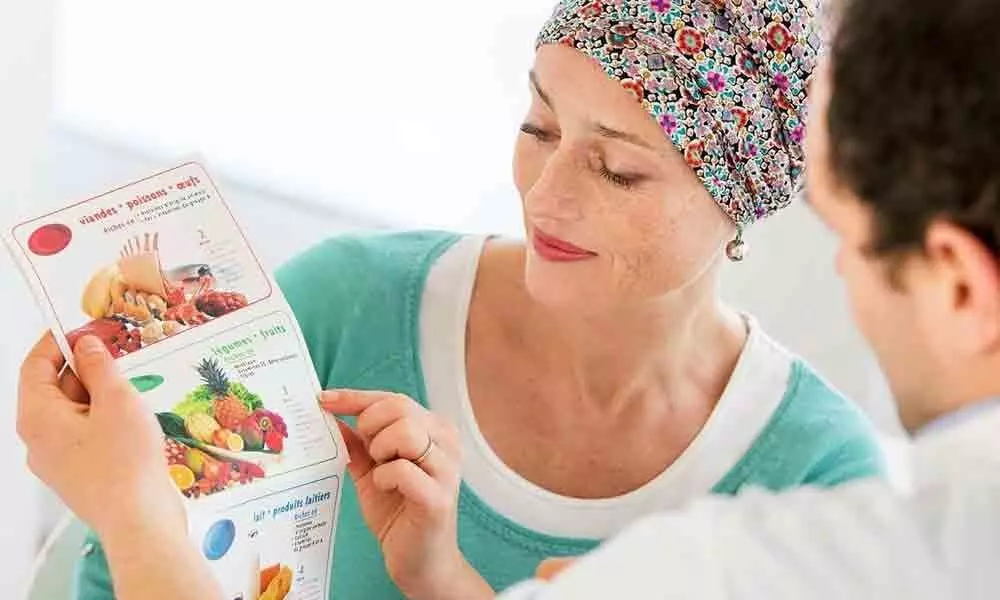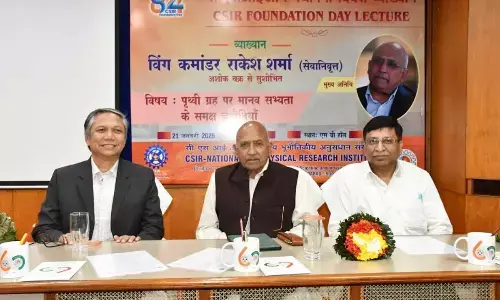Prevention is better than cure

Prevention is better than cure
Healthy lifestyle choices may help lower the risk of cancer and other health conditions, such as heart disease. A healthy lifestyle includes maintaining a healthy weight and eating a healthy diet. Maintaining a healthy weight lowers the risk of breast cancer after menopause. The following are the foods which helps to prevent the development or progression of breast cancer:
Fruits, Vegetables and Whole Grains
Fruits, vegetables and whole grains are known to contain phytochemicals with antioxidant, antiestrogen and chemopreventive properties that may prevent cancer. We recommend five or more servings of fruit and vegetables daily. Cruciferous vegetables (broccoli, cauliflower, kale, cabbage and brussel sprouts) are especially rich in phytochemicals. Whole grains are unprocessed foods that are high in complex carbohydrates, fiber, vitamins, minerals and phytochemicals. High fiber intake may have a positive benefit by altering hormonal actions of breast cancer and other hormonal-dependent cancers. Daily fiber intake should be 25 to 30 grams of insoluble and soluble fiber.
Whole Foods by Plant Family
Grains
Wheat, rye, oats, rice, corn, bulgur, barley
Green leafy vegetables
Lettuce, spinach, swiss chard, endives, beet greens, romaine
Cruciferous vegetables
Broccoli, cabbage, turnip, brussels sprouts, cauliflower, kohlrabi, bok choy, watercress, collards, kale, mustard greens, rutabaga
Umbelliferous vegetables
Celery, parsley, fennel, carrots, parsnip
Allium vegetables
Garlic, onion, shallots, chives, leek
Legumes
Soybeans, peas, chickpeas, lima beans, peanut, carob, dried beans (kidney, mung, pinto, black-eyed peas), lentils
Solanaceous vegetables
Nightshade family:Brinjal, tomatoes
Cucurbitaceous vegetables
Gourd family: pumpkin, squash, cucumber, muskmelon, watermelon
Cancer-Fighting Phytochemicals by Food Source
Sulforaphane
Broccoli sprouts
Isothiocyanates
Mustard, horseradish, cruciferous vegetables
Phenolic compounds
Garlic, green tea, soybeans, cereal grains, cruciferous, umbelliferous, solanaceous, cucurbitaceous vegetables, licorice root, flax seed
Flavanoids
Most fruits and vegetables (cruciferous, garlic, citrus fruits, caraway seeds, umbelliferous, solanaceous, cucurbitaceous vegetables, sage, camphor, dill, basil, mint)
Organo-sulfides
Garlic, onion, leeks, shallots, cruciferous vegetables
Isoflavones
Soybeans, legumes, flax seed
Indoles
Cruciferous vegetables
Carotenoids
Dark yellow/orange/green vegetables and fruitsPrevention is better than cure

















